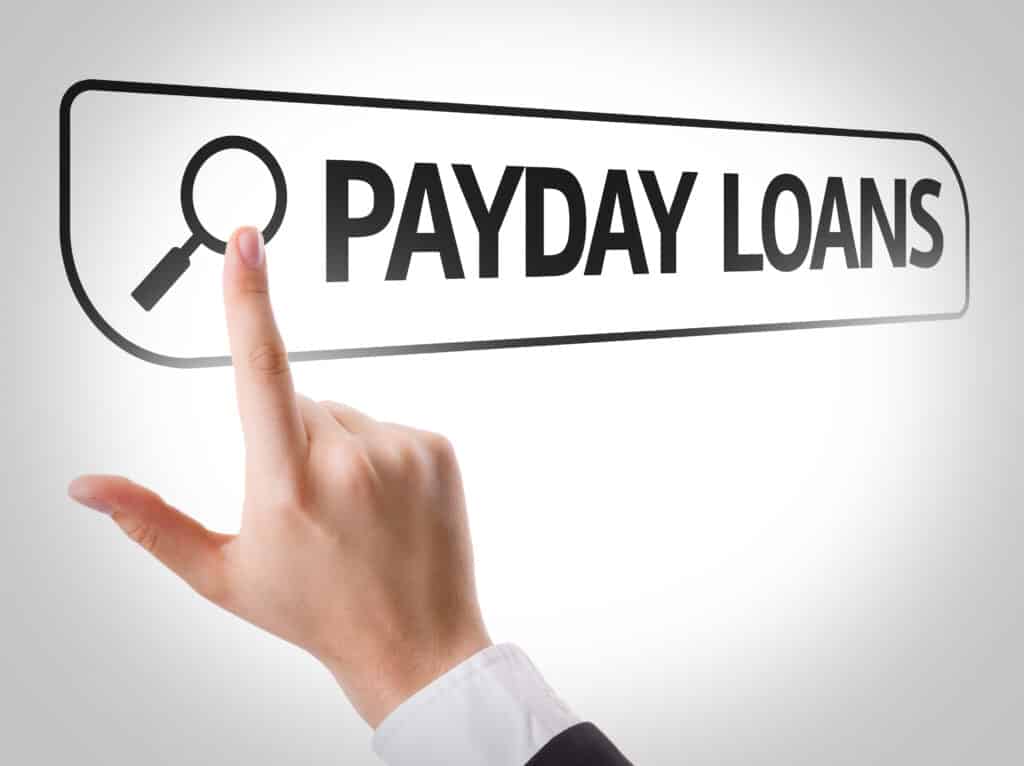Taking out a loan to make a big purchase, consolidate debt, or cover unexpected expenses feels relieving at the moment until the due date comes, and you have to make the repayment.
Many borrowers get overwhelmed with the financial flexibility a loan gives, and they often forget to include the loan payment into their budget.
The next thing they know, they cannot keep up with the repayments, and their debt is out of control. While loans are great financial tools that anyone can use for a wide range of purposes, using them inappropriately can be detrimental.
Single-payment loans are probably one of the loan options that you find appealing. To help you decide, we’ve discussed below the best instances to use such loans.
What Are Single-Payment Loans?
Single-payment loans work similarly to payday loans in many ways. The principal and interest of such loans are payable in one lump sum. It means that you’ll only have to pay back the entire amount when the loan matures or when the loan payment is due, which is typically by your next pay date.
Like payday loans, single-payment loans are usually unsecured, meaning you don’t have to put up any collateral. So, you don’t have to worry about your assets being repossessed by the lender in case of default. However, the interest of a single-payment loan might be higher than traditional loans since the full cost of the loan is determined at one time.
When Should You Use A Single-Payment Loan?
A single-payment loan can help you in certain situations. But while there are several benefits, they may go out of the window if you don’t know when to use this type of loan.
To make sure that you’re making a decision that won’t hurt your finances, here are some occasions wherein getting a single-payment loan makes the most sense:
If You Encounter A Real Financial Emergency
A single-payment loan is a good idea if you encounter a financial emergency and don’t have extra cash to cover it. Since the process of such a loan is often uncomplicated, you can get the funds as quickly as possible.
But bear in mind that not every unexpected bill is necessary and urgent. There are some bills you have to pay every month but still don’t count as emergency expenses. It’s important to distinguish a real financial emergency. Else, you can end up using the loan for the wrong reasons.
The following instances may count as a real financial emergency:
- Medical Emergencies
- Car Repairs
- Home Repairs
- Bereavement Travel
If You Only Need A Small Amount of Cash
Since single-payment loans are short-term, the amount of money you can borrow is also restricted. Typically, they can go around $500, but there can be exemptions and adjustments depending on your finances, lender, and state of residence.
Let’s say your loved one needs financial help and is asking that you borrow $10,000 for their new car. It’s still possible to get a single-payment loan for this amount as long as you go to the right lender.
But it’s also worth noting that when the amount of loan you need is relatively small, it’s more likely that you’ll pay less interest if you use a single-payment loan. Otherwise, the loan may cost you more and wind up as another burden to your finances.
If You Have Less Than Stellar Credit
Traditional loans often have a lot of requirements you need to comply with before you get approved. For one, they will run a hard credit inquiry to assess your creditworthiness. If you have a history of not paying your bills on time or owe too much money, you’re most likely to have bad credit. As a result, it might be harder for you to obtain a loan.
But since single-payment loans don’t require a credit check, you have more chances to get fast cash even if you have less than stellar credit. Instead, they may require you to provide proof of income.
If You Have Temporary Cash Flow Gaps
A single-payment loan can also be a good option if you experience temporary cash flow gaps in your small business and you don’t have access to a business line of credit. There might be instances that you need fast cash to repair business-critical equipment, cover a plumbing problem, or other unexpected maintenance issues.
As long as the needs are short-term and you have no other options left, taking out a single-payment loan might make sense, especially if your business’s daily operation is at stake. However, make sure that the cash flow problem is only temporary, and you’ll have available funds before the loan payment is due.
In Summary
In single-payment loans, it’s possible to get fast cash without worrying about making timely payments every month. But while they are convenient and easy to obtain, these loans should not be used in every financial difficulty. Like other loans, they can also cause more problems in your finances if you don’t use them appropriately. Before taking out a single-payment loan, ensure that you’re prepared to make repayment when it is due.


